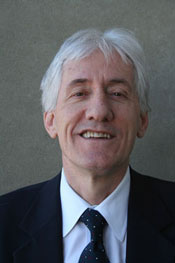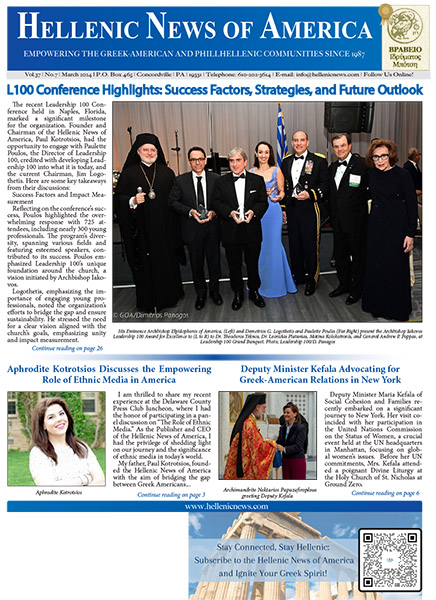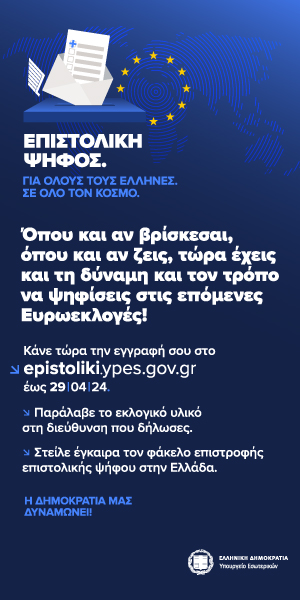I recently had the good fortune to read the book, Socrates as a Teacher for Adult Education and Lifelong Learning in the Athenian Society by doctor Monica A. Papas of Athens, Greece. This book offers a new examination at the always timely and timeless topic of Adult Education. Socrates has been the educator par excellence in this critical aspect of human quest for knowledge and wisdom.
The author opens the discussion with an overall view of Socrates’ teaching in general and especially in Plato’s Theaetetus. The Socratic picture is further expanded and amplified by the introduction and presentation of Xenophon’s views, another of Socrates’ students, on the Socratic teaching approach on this subject. Dr. Papas starts with a quick overview of the Athenian educational system during Socrates’ time, as it was operating in that multicultural society with its alien residents, i.e. metics, and slaves.
Among the many contributions this book makes is the examination of this successful Athenian model which can provide useful insights and solutions to today’s problems in our complex and multicultural societies. Before dealing with Socrates as Adult Educator, the author presents him as our well-known philosopher and then moves on to show him as an Authentic Adult Educator. Analyzing his tremendous contribution to Adult Education the author carefully examines and analyzes the areas of knowledge, values and skills that are necessary for Adult Education. It is within this area that Socrates makes a great contribution, implementing his well-known method, which is based on irony, control, and intellectual augmentation.
Analyzing the above aspects the author makes a juxtaposition of the special skills required at Socrates’ time and in our time for Adult Educators, as for example the need that adult educators be well equipped at that time with eloquence to be able to withstand the attacks of the sophists. Certainly “eloquence” is still a desirable quality, but not a necessity for the Adult Educators of today. To further enhance the Socratic method of Adult Teaching the author provides us with an excellent section and analysis from “Meno”, showing us how Socrates applied his method with his slave Menon.
An equally important contribution is the author’s presentation and analysis of today’s field of Adult Education and the shades, shapes and “prime movers” in this area in Europe and the USA. Perhaps it should be noted here that the author did part of her academic training in the USA and is very familiar with the American Educational System and the field of Adult Education. At the same time, her deep knowledge of our classical paideia along with her knowledge of the European educational system, which appears in her many references and quotations of prominent educators and Adult Education practitioners in many European countries, give her book a special depth and breadth. The reader will find equally impressive the long list of pertinent bibliography that includes books, journals, and monographs in several European languages that runs for over 15 pages, presenting a multitude of writers and publishers.
With all this in mind, I find this book a great contribution to the advancement of our knowledge in this special field of Adult Education, where the Socratic presence enters a new area and Socrates takes a central position in this rather new field. For all the above we are grateful to this young and rising scholar that honors Greece and the field of Adult Education, which has become very poignant and needed in our time, when Greece faces an influx of immigrants from different cultural backgrounds and many of them need the Adult Education to survive in their new environment. The reading of this book, then, is very appropriate and needed for many people; first and foremost for the Adult Educators, but also for the Greek people who are in constant contact with immigrants from various cultural and linguistic backgrounds, and finally for the immigrants themselves, in order to better understand the education and culture of the Greek people. For all the above, I strongly recommend the reading of this book.
Professor and Chairman of the Classics and Greek Studies Department
BA, University of Athens
MA, Graduate Center of the City University of New York
PhD, Florida State University
Aristotle Michopoulos is Professor and Director of Greek Studies at Hellenic College, where from 1995-1996 and 1997-2002, he served as Dean and Acting Dean of Hellenic College. A graduate of the University of Athens, the CUNY Graduate Center, and Florida State University, he taught at Florida State University and the University of Florida, where he served as Associate Director of the Greek Studies Program, prior to his appointment as Greek Studies Director at Hellenic College. Through academic scholarships from the Greek Government Foundation (IKY), the U.S. Government Department of Education and Fulbright Foundation, he was able to advance his studies and conduct research in Greece and the United States. Aside from journal articles, book chapters, and translations of Greek prose and poetry, he authored the following books: Gia Mia Nea Delphike Idea, Gia mia Kyvernese apo to Lao gia to Lao (in Greek), and The Kotylion Language Dominance Test. He also edited a series of books on Greek Bilingual Education, published by the U.S. Department of Education. His research interests evolve around the Greek language, history, and education, especially the Greek American scene. He is currently working on a comparative analysis between the Ancient Greek and American History.







